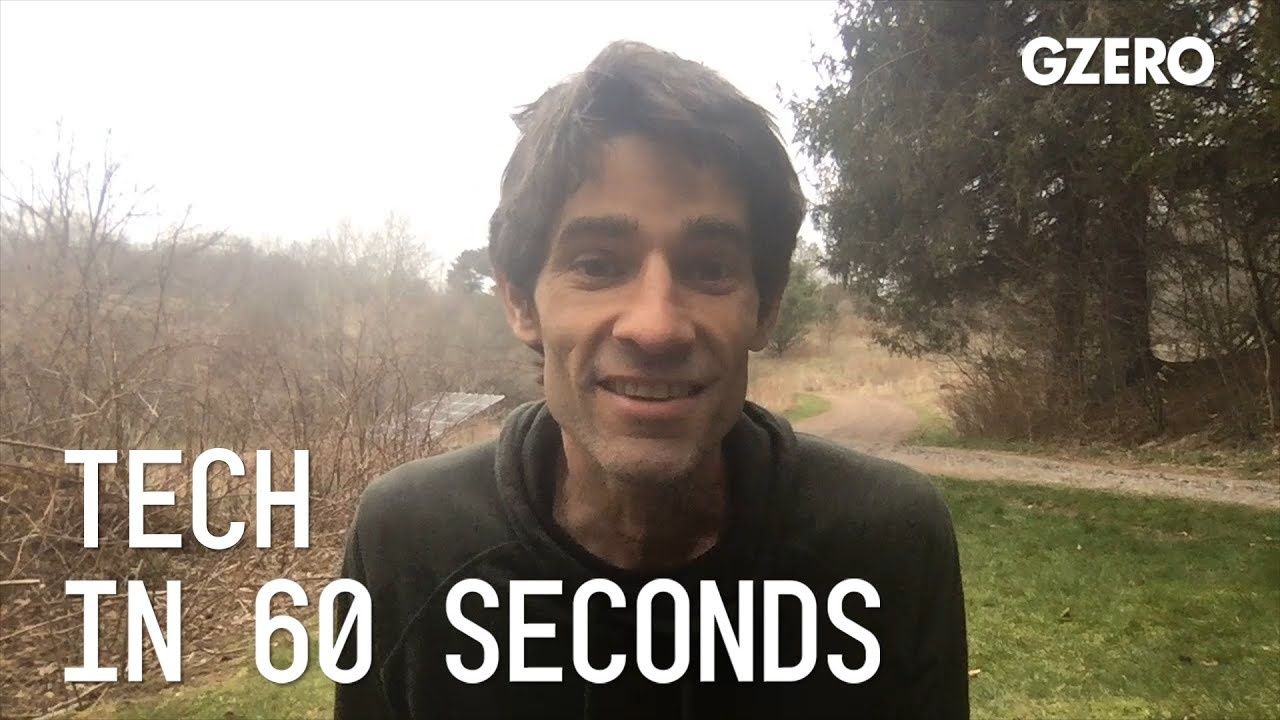
A new iPhone in a pandemic world! Are we still hyped for new iPhone releases?
What do you think of it? There's a new small iPhone SE. It's basically an old phone with new processors. Pretty cheap. I like it. I don't think the world's not too excited about it right now because there's a lot more to care about.
What is telemedicine and how does it work?
The idea is that instead of going to the doctor's office for everything you can do a lot of medicine over the Internet. You can set up a Zoom call with your doctor, he can tell you whether to go in and get a coronavirus test or he can even give you a prescription for some problem. It doesn't work for everything. You can't have surgery by telemedicine, but it's growing fast, it's improving, and insurance companies need to pay for it.
What tech response to COVID-19 has impressed you the most?
There's been so much. I love the battle against disinformation. I love the maker movement that's been making PPE. But I'd say the most important thing, all the scientists and researchers who have been collaborating, sharing data sets, genetic information and working towards treatments and vaccines.